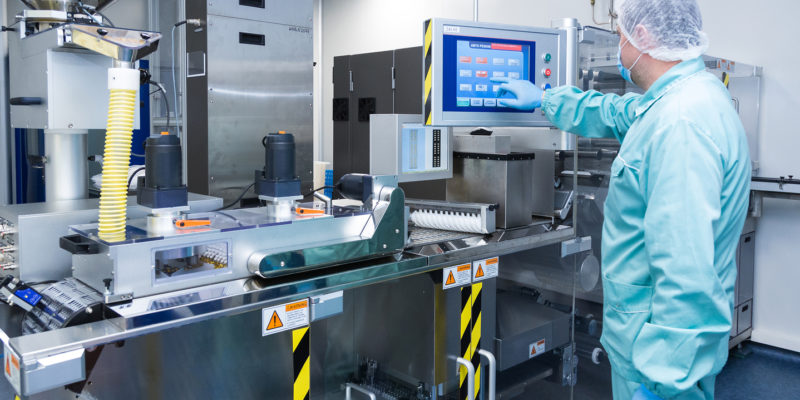The number of patent applications filed in Europe by UK firms and inventors has climbed again for the fifth year in a row.
According to the Cambridge Network, figures from the European Patent Office (EPO) for 2018 show that Rolls Royce was the business that applied for the most patents last year.
However, chemistry and pharmaceuticals was named as one of the areas that’s driven patent filings from the UK in the past 12 months, along with computer technology and consumer goods. The largest fields by volume, meanwhile, were medical technology, computer technology and organic fine chemistry.
In total, UK organisations and individuals filed 5,736 patents with the EPO in 2018, representing a five per cent increase over 2017 and almost 1,000 more patents than were filed in 2014.
The news provider also revealed that a greater number of organisations have been filing for patents in the field of pharmaceuticals. In 2018, 154 different companies filed for patents with the EPO, up from the average of 130 a year recorded between 2014 and 2017.
GlaxoSmithKline (GSK), 4D Pharma, Ipsen Biopharma and UCL Business were named as the organisations that filed the most pharmaceutical-based patents in the last 12 months. GSK was also named as the sixth most prolific applicant in the EPO’s overall rating of pharmaceutical patent applicants.
Medical technology, meanwhile, was singled out as the technical field with the greatest number of patent applications in 2018.
Antonio Campinos, EPO president, told the news provider that having businesses with strong patent portfolios is good for the economy.
“The ongoing upward trend in the number of patent applications from the UK and patents granted to British companies and inventors sends a positive message and shows that European innovation can rely on a competitive and effective patent system,” he asserted.
While this is all good news for the UK’s pharma sector, there is still the spectre of Brexit on the horizon, with few knowing how the country’s eventual exit from the EU will affect companies operating in this area.
Although there is little clarity from politicians on the matter, the European Commission recently published some guidance on medicines batch testing, which the UK Bioindustry Association (BIA) highlighted.
Having a better understanding of how the EU plans to carry out these kinds of important tests – and ensure they’re valid within the single market – will help UK-based firms to prepare for Brexit and hopefully mean they do not run into too many regulatory hurdles in the event of a no-deal scenario.
The BIA is still stressing the importance of leaving the EU with a deal in place, however, as are many other sectors of the UK’s economy.
With the 29 March deadline rapidly approaching, there is an increasing likelihood that the UK’s withdrawal from the EU will at least be delayed until the political impasse can be broken.
If you’re looking for assistance with your Brexit planning, get in touch with a pharmaceutical validation services company to get some expert advice on how to ensure continuity of your supply chain and testing process when the UK leaves the EU.

